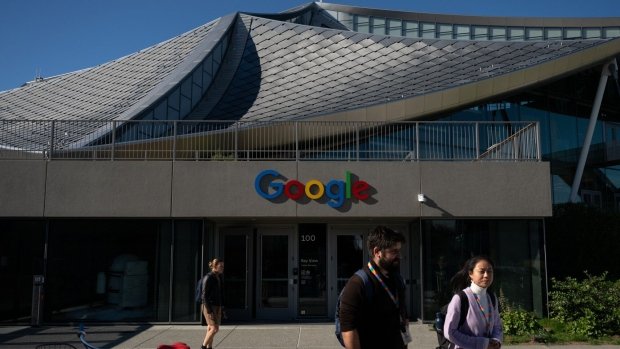(Bloomberg) — Google is considering charging for new “premium” features powered by artificial intelligence, the Financial Times reports, marking the first time it would put its core product behind a paywall. is.
The tech giant is considering options such as adding certain AI search features to its premium subscription service, the FT reported, citing three unnamed people familiar with the plans. Shares fell less than 1% in extended trading after the news broke.
“We continue to rapidly improve our products to meet the needs of new users,” a spokesperson said. “We are not working on or considering an ad-free search experience. As we have done many times before, we will continue to build new premium features and services across Google. We will continue to strengthen our subscription services.”
The potential move suggests the Alphabet Inc. unit has yet to find a way to incorporate fast-growing new technology without jeopardizing its vital advertising business.
In February, Google added a new paid tier to its consumer subscription service that gives users access to its latest artificial intelligence model, Gemini. Users who pay for that subscription, called Google One AI Premium, can use its advanced Gemini chatbot and access generative AI models for popular services like Gmail and Google Docs.
Engineers are developing the technology to roll out the service, but executives have not yet decided whether or when to launch the service, the report said. According to the FT, Google’s ubiquitous search engine will continue to be free and subscribers will also see ads next to search results.
Ever since OpenAI announced ChatGPT in late 2022, Google has been on the defensive against the wildly popular chatbot. ChatGPT’s ability to answer queries with narrative voice forced Google to rethink its traditional list of blue links to websites and the lucrative ads that appear next to them.
Last year, Google began testing its own AI-powered search service that combines links to websites and ads, as well as personalized, detailed narratives. But it has been slow to add “search generation experience” features to its main search engines.
©2024 Bloomberg LP

